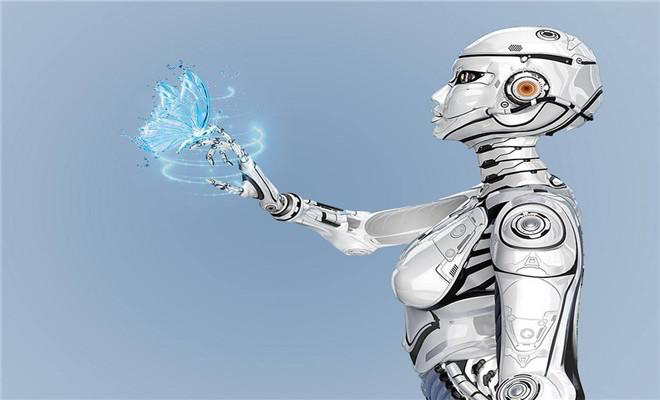In ten or twenty years, half of the work in the society will be taken by automatically operated machines, or robots. They are robbing us of our jobs.
With the continuous growth and development of science and technology, it is believed by a greater number of investors that we are going to enter the era of robots.

It was reported that, the first group of workers “attacked” by machines are those working for retailing or fast-food restaurants, and the secretaries who were in urgent demand for companies. They will not take our jobs away overnight and this is a long-term process. Some guess that about fifty percent of the occupations in the world will be gone in the next one or two decades because of artificial intelligence.
It is beyond doubt that we are actually enjoying ourselves in the process of robots undertaking multiple kinds of jobs, most of which are related to mechanical or boring jobs. We are beginning to be obsessed with the convenience robots and machines bring to us. Gradually, we will just lie down on the sofa and take “doing nothing” for granted. Jobs involving human beings are difficult and complicated. Human beings are responsible for giving orders and machines are responsible for following them. This is simple logic, but there are also flaws that can be found.

What if we are too lazy to give orders to and have a command of the robots? When it comes to this, we can not help worrying about the future of the world. We wish to give all the work to machines and be as comfortable as enough to have rests and enjoy life freely. However, when this becomes a true story, whether human beings are hosts or pets of robots? The original aspiration of the scientists who develop multi-functionally robots is to assist human beings with those simple and mechanical works, thus improving productivity and developing the economy, instead of giving all kinds of the work to them. Therefore, when we are enjoying the convenience brought by robots, we should also think about the problems that may emerge.

On the other hand, we do have every reason to use robots to improve the quality of our lives. For example, we can choose to live in a smart home as long as we can afford it. Everything in it can be intelligent, and there are always things that you can't imagine by yourself but can only appreciate.
In this sense, machines can replace some of the work once taken by human beings, meaning that we can go away with part of the responsibility to sustaining and promoting social productivity. At this time, we need to remember, it is not “we can't participate in them”, but we can choose to do the work or not.
We, human beings, are always the objectives instead of tools. We have the final words of what kind of live we would like to live.



